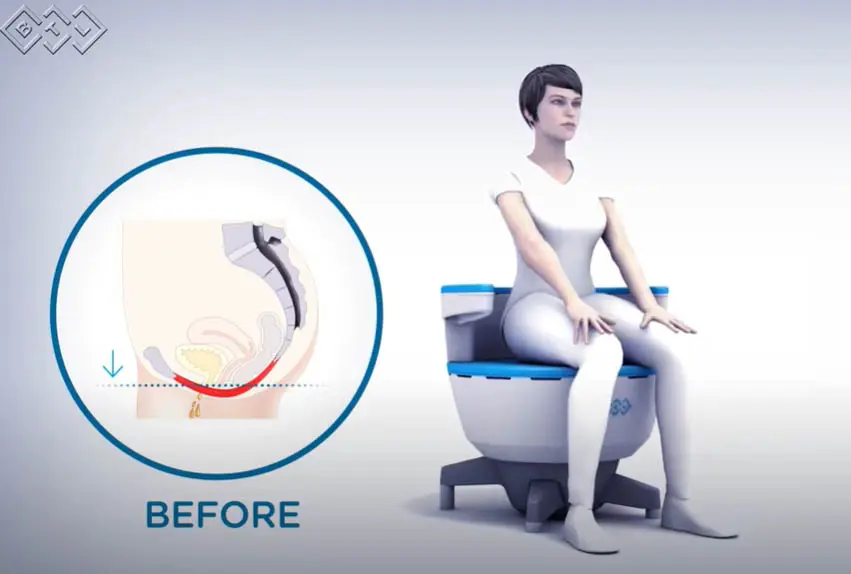Many of us know from experience that losing weight is a feat of endurance. Some diets will work, others won’t, and despite our best efforts, it might seem at times as though a diet makes us put on even more weight. So why does dieting not work? A new study finds a mechanism that may explain how our body limits weight loss, working against us when we are trying to lose weight.
New research published in the journal eLife has uncovered a mechanism in mice that may be responsible for those frustrating moments in a dieter’s life when nothing seems to work.
Mice, our fellow mammals, share enough similarities with the human body to provide a good model for understanding how our body responds to weight loss efforts.
The team of researchers – led by Dr. Clemence Blouet from the Metabolic Research Laboratories at the University of Cambridge in the United Kingdom – examined a group of neurons in the brain’s hypothalamus and their role in regulating appetite.
The hypothalamus is a brain area responsible for producing hormones that regulate a series of bodily functions, ranging from body temperature and hunger, to mood, libido, and sleep.
This brain region contains a group of neurons called “agouti-related neuropeptides” (AGRP), which play a key role in regulating appetite. When AGRP neurons are “on,” we want to eat, but when these neurons are deactivated, they can make us stop eating almost completely. AGRP neurons have the same effect in animals.









